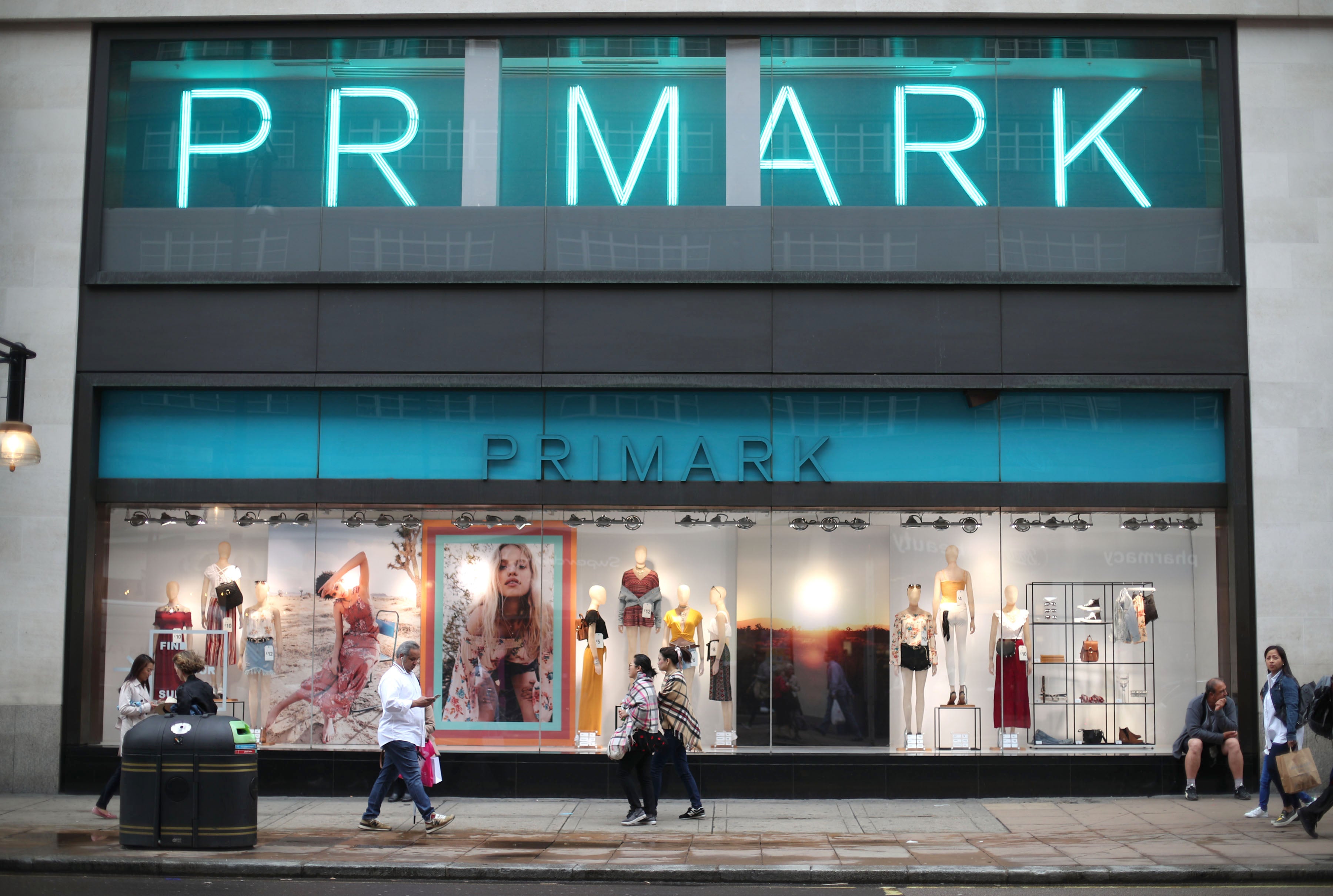Inflation in focus as Primark owner prepares to update shareholders
Despite plans to increase prices in the autumn, the chain is unlikely to lose its crown as one of the cheapest clothes retailers.

Primark should in many ways be well placed to weather the cost-of-living crisis, and shareholders will look for any impact that the squeeze on households will have when its parent company AB Foods reports back to them next week.
The business is having to hike prices later this year, but it is unlikely to lose its crown as one of the cheapest major clothes retailers.
Many other brands might see their customers leaving in search of cheaper alternatives and a lot of these could end up in Primark stores instead.
Meanwhile, Primark’s customers might struggle to find lower prices elsewhere, so will have to continue shopping at the retailer, or cut back their clothes buying.
Demand so far this year in the face of the current cost of living crisis will give us an idea of how resilient customers are
“Inflation will be the word of the day when Primark owner Associated British Foods reports,” said Laura Hoy, equity analyst at Hargreaves Lansdown.
“The group’s buoyant half-year sales were back to pre-pandemic levels as stores reopened and shoppers headed out to refresh their wardrobes.
“The surge in demand fed through to a 92% increase in operating profits – but the good times might not continue if rising costs continue to eat into margins.”
Inflation is already at 40-year highs, hitting 9% in April this year, measured by the Consumer Prices Index (CPI). New figures from the Office for National Statistics will next week show whether this eased or got worse in May.
Regardless, things are projected to worsen later this year. According to Bank of England projections released this week, CPI will top 11% in October when energy bills are hiked again for millions of households across the country.
This high cost of energy is also feeding into businesses supply chains around the world.
Primark is no different. Bosses have already said that prices will need to rise this autumn to make up for soaring costs.
Ms Hoy said: “Management warned that the group’s cost-saving efforts haven’t been able to keep pace with inflation.
“The result will be margin pressure and price increases across the autumn and winter stock. There are still a few months to see whether Primark’s price-sensitive customers will be receptive to larger price tags.
“Demand so far this year in the face of the current cost of living crisis will give us an idea of how resilient customers are.
“At last check, underlying operating margins stretched above 11%, but the big question will be whether that continued to expand in the third quarter.”
AB Foods also owns a series of other brands, including Twinings and Kingsmill. It has previously warned that margins are being hit here too, so shareholders will be keen to get any update on how that is going.
Shipping costs have risen, as has the price of gas needed to bake and produce sugar.
Bookmark popover
Removed from bookmarks